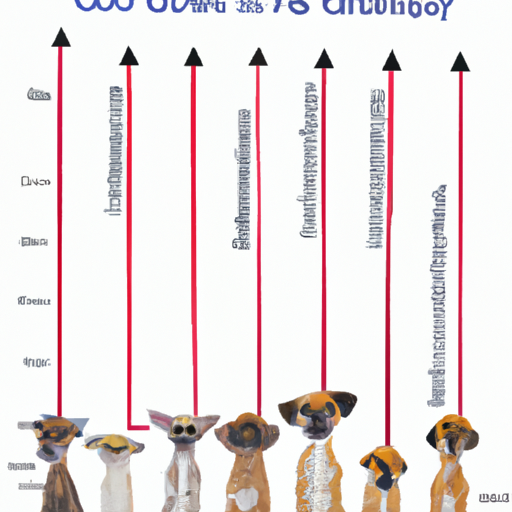Understanding Your Mixed Breed Dog’s Growth Cycle
Hello, dear caregiver. You’ve likely noticed that your mixed breed pup is growing at a rapid pace. One day, they’re just a little fuzzball in your arms, and before you know it, they’re a full-grown dog. The question you’re probably asking yourself is, “When do mixed breed dogs stop growing?” It’s an essential query, and the answer can vary significantly.
The growth of a mixed breed dog is influenced by a myriad of factors, including their genetic makeup and their overall health. Large breed dogs, for example, tend to grow for a longer period compared to smaller breeds. As a dedicated caregiver, understanding the growth cycle of your mixed breed dog is crucial to provide them with the right care and nutrition.
Factors That Influence Your Mixed Breed Dog’s Growth
When it comes to your mixed breed dog’s growth, several factors come into play:
- Genetics: The breeds that make up your mixed breed dog will greatly influence when they stop growing. Larger breeds generally take longer to reach their full size compared to smaller breeds.
- Nutrition: Providing your dog with a balanced diet is crucial for their growth. Lack of proper nutrition can stunt growth, while overfeeding can lead to obesity.
- Health: Certain health issues can affect a dog’s growth. Conditions like hypothyroidism can slow down growth, while others like gigantism can accelerate it.
Signs That Your Mixed Breed Dog Has Stopped Growing
How can you tell when your mixed breed dog has stopped growing? Here are a few signs to look out for:
- Their paws, which usually grow faster, have stopped growing larger.
- Their weight has stabilized, and they’ve stopped gaining height.
- Their energy levels have decreased slightly, indicating that they’re out of their puppy phase.
Remember, these are general signs and may not apply to all dogs. Always consult with your vet if you’re unsure.
Importance Of Regular Vet Check-Ups
Like a responsible parent, you might be wondering when your furry friend will stop growing. Regular vet check-ups are the most reliable way to track your dog’s growth and ensure they are developing properly.
Here’s a simple table to show how vets can help:
| Role of Vet Check-ups | Benefit to your Dog |
|---|---|
| Monitor Growth | Ensure your dog is growing at a healthy rate |
| Detect Health Issues | Early detection of any health complications |
| Dietary Advice | Provide dietary recommendations based on your dog’s growth |
Frequently Asked Questions (FAQs)
Q: When do small mixed breed dogs stop growing?
A: Small mixed breed dogs usually stop growing between 6 to 8 months.
Q: How about large mixed breed dogs?
A: Large mixed breed dogs can continue growing up to 18 months or even 2 years.
Q: Can a dog’s growth be accelerated?
A: It’s not advisable to try to accelerate a dog’s growth. Let nature take its course to ensure healthy development.
Q: Does neutering or spaying affect a dog’s growth?
A: Neutering or spaying can slightly affect a dog’s growth, but the overall impact is minimal.
Remember, every dog is unique, and their growth can vary. As a loving caregiver, the best thing you can do is provide a healthy environment and proper nutrition for your mixed breed dog to grow at their own pace.



